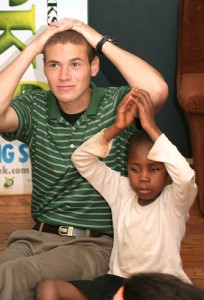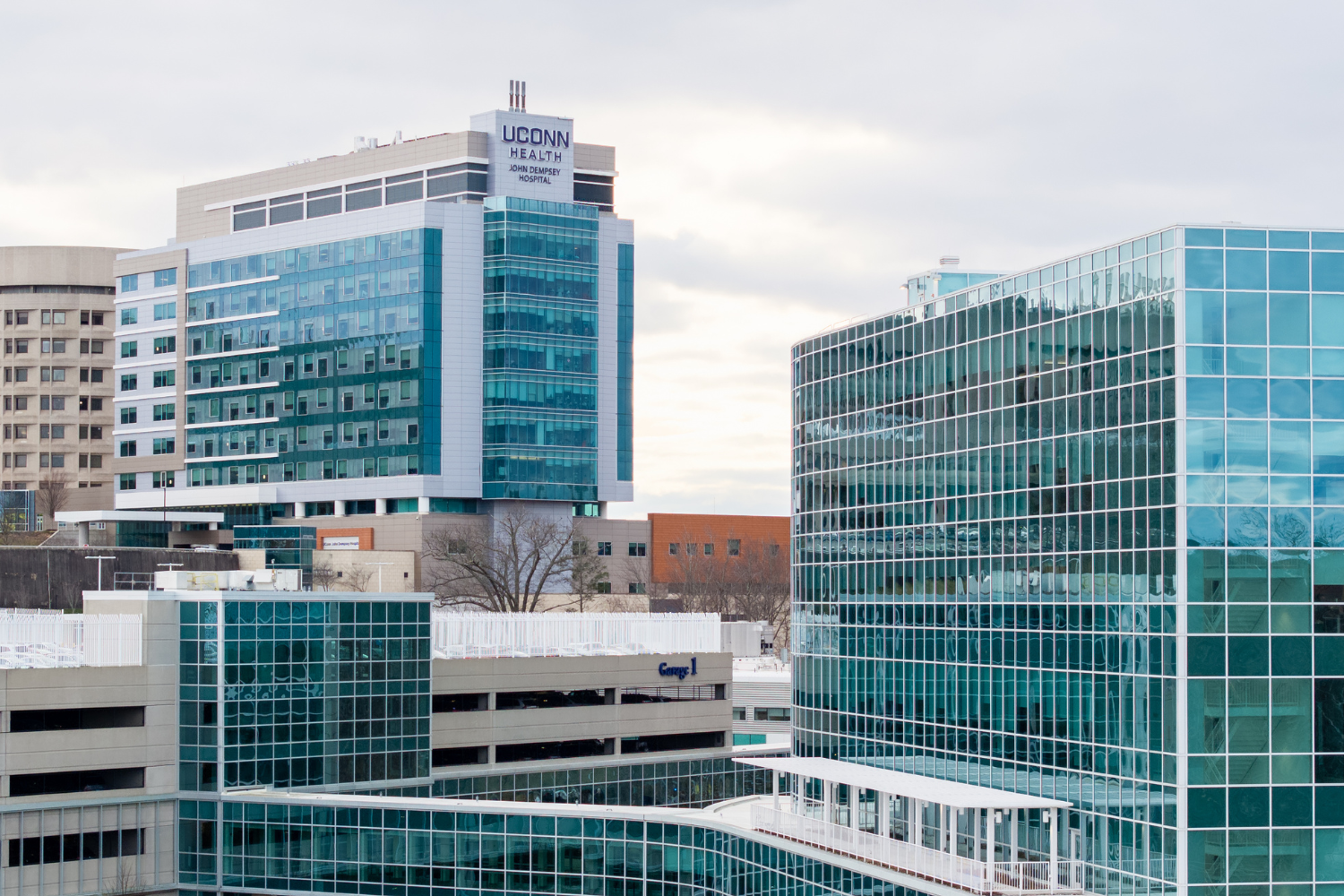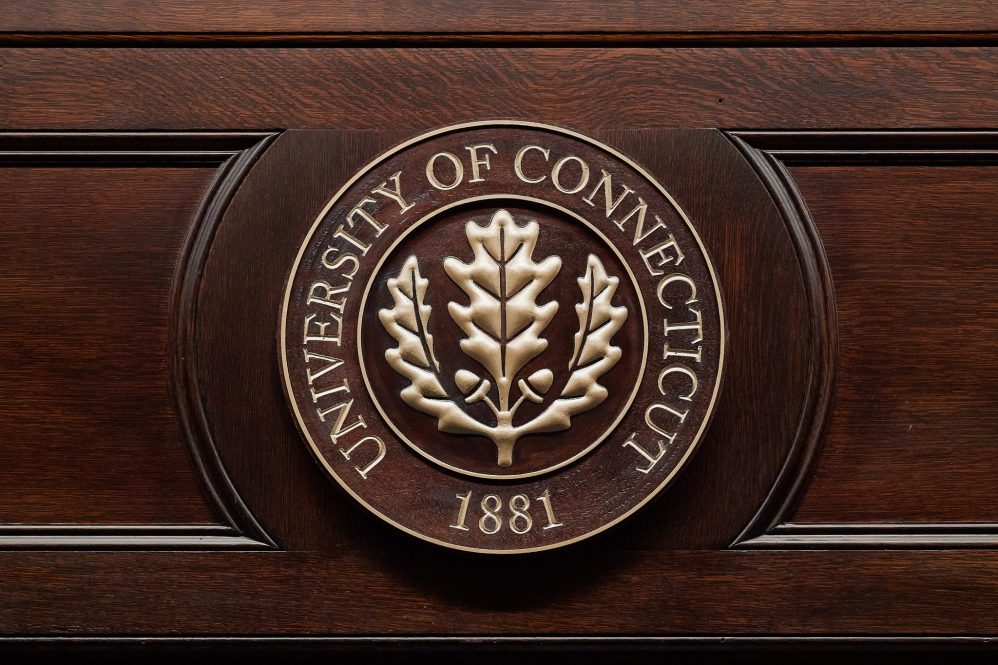As the University counts down to Commencement, UConn Today is featuring some of this year’s outstanding graduating students, nominated by their academic school or college or another University program in which they participated. For additional profiles of students in the Class of 2012, click here.

Like many molecular and cell biology majors, senior Aaron Hayes, CLAS ’12, has spent many hours in the lab, in his case, working on Crohn’s disease research in the laboratory of pathobiology professor emeritus Herbert J. Van Kruiningen.
And like many biology majors, he plans to attend medical school, although he will continue with his research project for a year before applying.
But what changed his life and added a new dimension to his UConn career was an internship in South Africa, where he worked with children who survived burns from shack fires or from torture.
Many of the children had been removed from public schools because their injuries and deformities were so distracting to classmates.
People often say to him that it must have been hard to see children with such horrific injuries.
“I respond yes, but after an hour you forget that they have these injuries because they are climbing all over you and pulling your hair out,” he says. “All in all, they are still normal, rambunctious children.”
The children “will teach you a thing or two about life,” he says, because they have already been through so much at such a young age.
A human rights minor, Hayes received the South Africa-International Human Rights Exchange Program award from the Human Rights Institute. He stayed in South Africa for five months in 2010, when it was winter there and people apologized for temperatures of 15 degrees Celsius (nearly 60 degrees Fahrenheit, which they considered very cold).
First he was placed to live with a health caregiver who provided preventive care advice in her community.
“Something as simple as teaching one how to brush his or her own teeth can save a life,” he says.
While studying at the University of Witwatersrand, he also had an internship with Children of Fire, which, with its sister charity, The Johannesburg School for the Blind, Low Vision, and Multiple Disabilities, works with children from all over Africa. The charity conducts medical research, treats children, and provides schooling.
He took part in medical research, taught lessons, and escorted children to doctor and therapy appointments.
“I chose to work with Children of Fire with the Ubuntu ethos in mind,” he says. “If I were in the same predicament that the children of Children of Fire are in, I would hope that there would be others out there willing to help me out for the mere fact that we are all human, and every little thing that we do affects the world around us.”
When he returned to UConn, Hayes was more motivated than ever to gain the professional skills he will need to help people like those he met at Children of Fire.
This spring as part of his work as a UNESCO student ambassador for the office of the UNESCO chair in human rights at UConn, he has been collecting bottles and cans to raise money for Children of Fire.
“This program has truly changed my life in every way possible,” he says. “I can only say that words are not enough to communicate how truly amazing, rewarding, and life changing this experience was and will continue to be for me throughout my entire life.”



